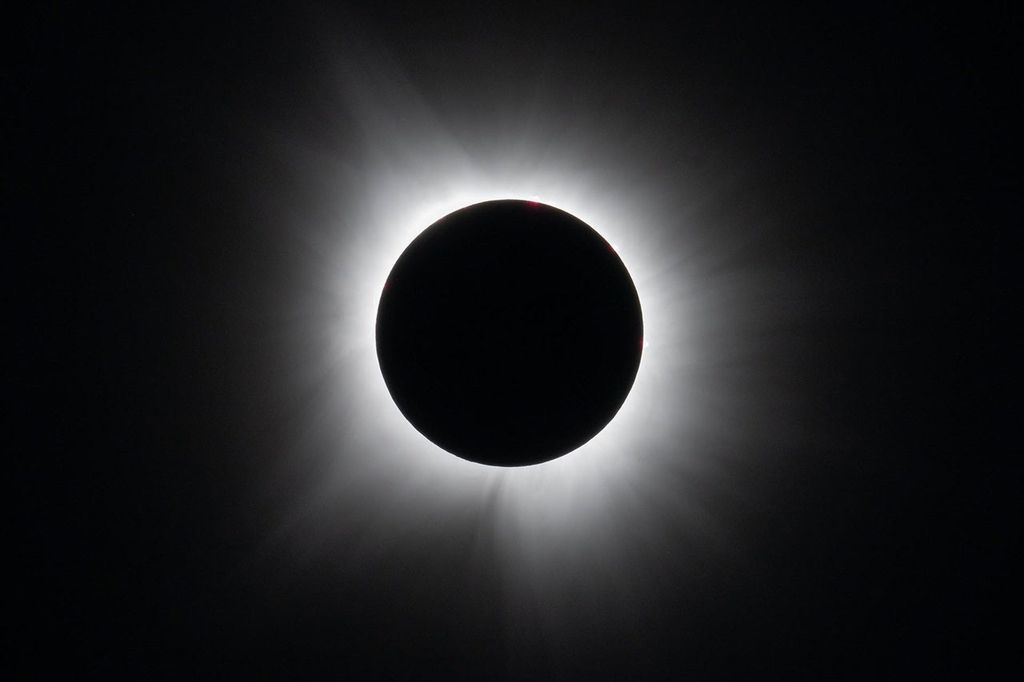Dr. Shyamkumar Bhaskaran – NESC Academy Biography
Dr. Shyam Bhaskaran began his professional career at the Jet Propulsion Laboratory in January of 1992, and has been there since. He started as an orbit determination specialist on the Galileo mission. Since then, he has served as a member of the navigation team for several missions, including Deep Space 1, and Mars Odyssey, and as the navigation lead for the Mars Reconnaissance Orbiter missions during its development phase. He has also been involved in formulating proposals for new mission, as well as developing innovative new technologies. He is the one of the principal architects of the autonomous navigation system used on Deep Space 1 and STARDUST for navigating the cruise and comet flybys, and later modified for use on Deep Impact to impact a comet. He then moved into management, serving as the Mission Management Office Team Chief for Guidance, Navigation and Control, during which time he oversaw the successful navigation efforts of STARDUST’s flyby of the comet Wild 2, the Genesis Earth return, and Deep Impact’s encounter with comet Tempel 1. He also served as the Acting Supervisor for the Optical Navigation Group. Since 2005, Dr. Bhaskaran has been the Supervisor for the Outer Planet Navigation Group in the Mission Design and Navigation Section. As manager of these groups, Dr. Bhaskaran is responsible for the technical and administrative oversight of 14 engineers responsible for navigation analysis and operations of several current and future missions, including Cassini, Dawn, Juno, and Europa Clipper. He also concurrently led the EPOXI Navigation Team in its successful flyby of comet Hartley 2, and led the Independent Navigation Team’s which supported the European Rosetta mission, the Japanese Hayabusa 1 and 2 missions, and the Applied Physics Laboratory’s New Horizons Pluto mission. Other activities include a stint on the University of Texas Aerospace Engineering Departments External Advisory Board, a Technical Committee Member of the American Astronautical Society, and a member of the OSIRIS-REx project’s Standing Review Board. Dr. Bhaskaran’s honors include two NASA Exceptional Achievement Medal, awards for Technical Excellence, and a NASA Space Act Award for his work on the Deep Space 1 Autonomous Navigation System. He has also received over 20 NASA Group Achievement Awards for his work on the various missions listed above. Dr. Bhaskaran received a B.S (1985). and M.S. (1987) from the University of Texas at Austin, and a Ph.D (1991) from the University of Colorado at Boulder, all in Aerospace Engineering.

























